Blocked Drain Services In Bournemouth, Poole & Christchurch – Fast Response! 🚨
Drain Unblocking, Surveys & Repairs Service
Suffering with a blocked drain? Rapid Drains offer a 24/7 emergency drainage service covering Bournemouth, Poole & Christchurch.
Specialists in blocked drains clearance, drain unblocking & CCTV Surveys. Fast response. No call out fees.
⭐⭐⭐⭐⭐
Request a Call Back Now:
Blocked Drains Bournemouth Fixed with Rapid Drains
Fast, Efficient Blocked Drains Clearance Service
Blocked drains are a common problem that can cause significant disruptions, from slow-draining water and unpleasant odors to potential flooding. If you’re looking for expert drain unblocking near you, Rapid Drains is here to help. Our reliable, professional drain unblocking services cover residential and commercial properties.

24/7 Same-day Drain Unblocking Service Near You, 365 Days a Year
When your drains are blocked in your home or business you will want them sorted out quickly. Rapid Drains works all hours to make sure you’re never stuck at a loose end with drain problems. Call us on 0330 333 6199, or contact us here and our blocked drain specialists will be in touch.

Specialist Blocked Drains Services
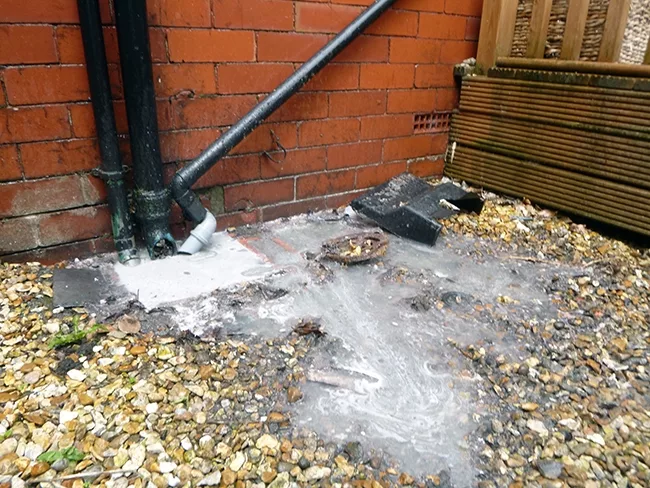
Our Reviews
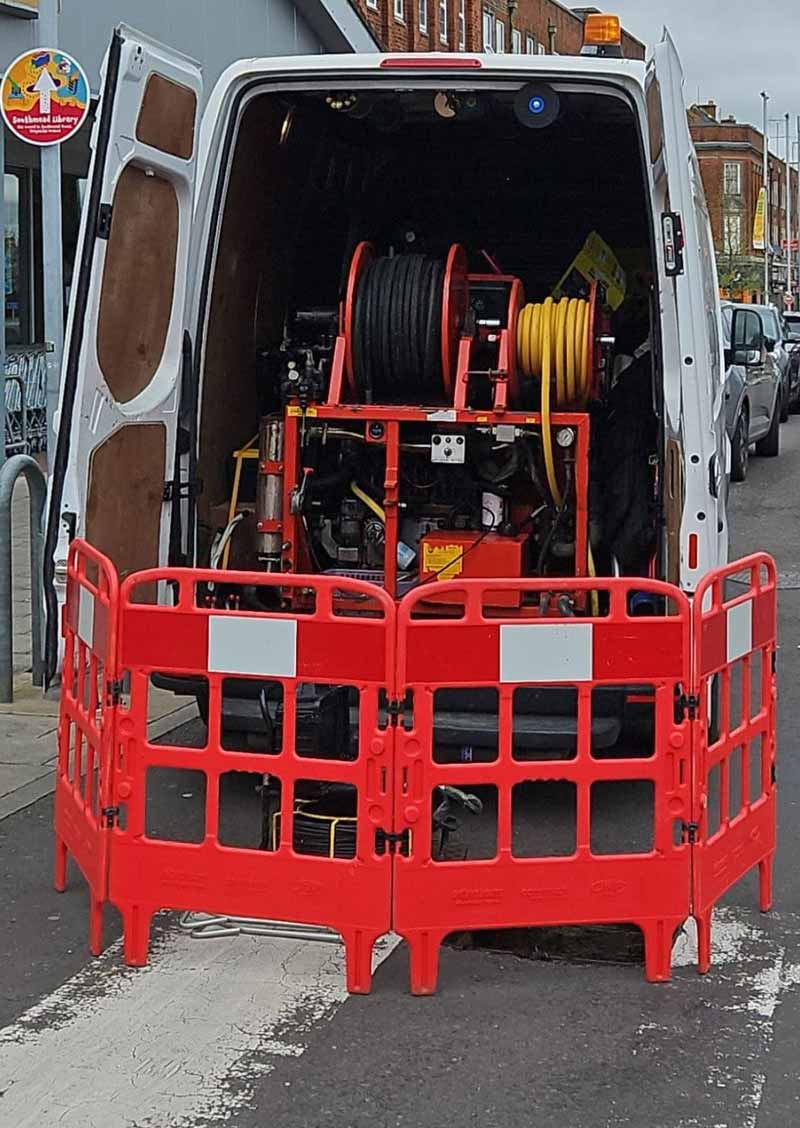
Common Causes of Blocked Drains In Bournemouth, Poole & Christchurch
Fat and Grease Buildup
One of the most common causes of blocked drains is the buildup of fat, oil, and grease. When these substances are poured down the sink, they harden and stick to pipe walls, eventually causing blockages. Learn how to prevent fat and grease blockages.
Wet Wipes and Sanitary Products
Wet wipes, sanitary products, and other non-biodegradable items don’t break down in water, making them major culprits in clogging pipes. Flushing these items can lead to significant blockages in drains and sewer systems. Read more about the impact of flushing wipes.
Structural Defects
Cracks, misaligned joints, and other structural defects in pipes can trap debris, leading to gradual blockages. Regular drain inspections can help identify and repair these issues before they escalate. Find out how structural defects affect drains.
Hard Water Scale
In hard water areas, limescale buildup can gradually reduce pipe diameter, restricting water flow and increasing the risk of blockages. Descaling treatments can help to mitigate this issue. Explore solutions for hard water scale buildup.
Tree Roots
Tree roots naturally seek moisture and can infiltrate drainage systems, especially in older pipes, leading to severe blockages or even pipe damage. Learn how tree roots can impact your drains.
Common Causes Of Blocked Drains
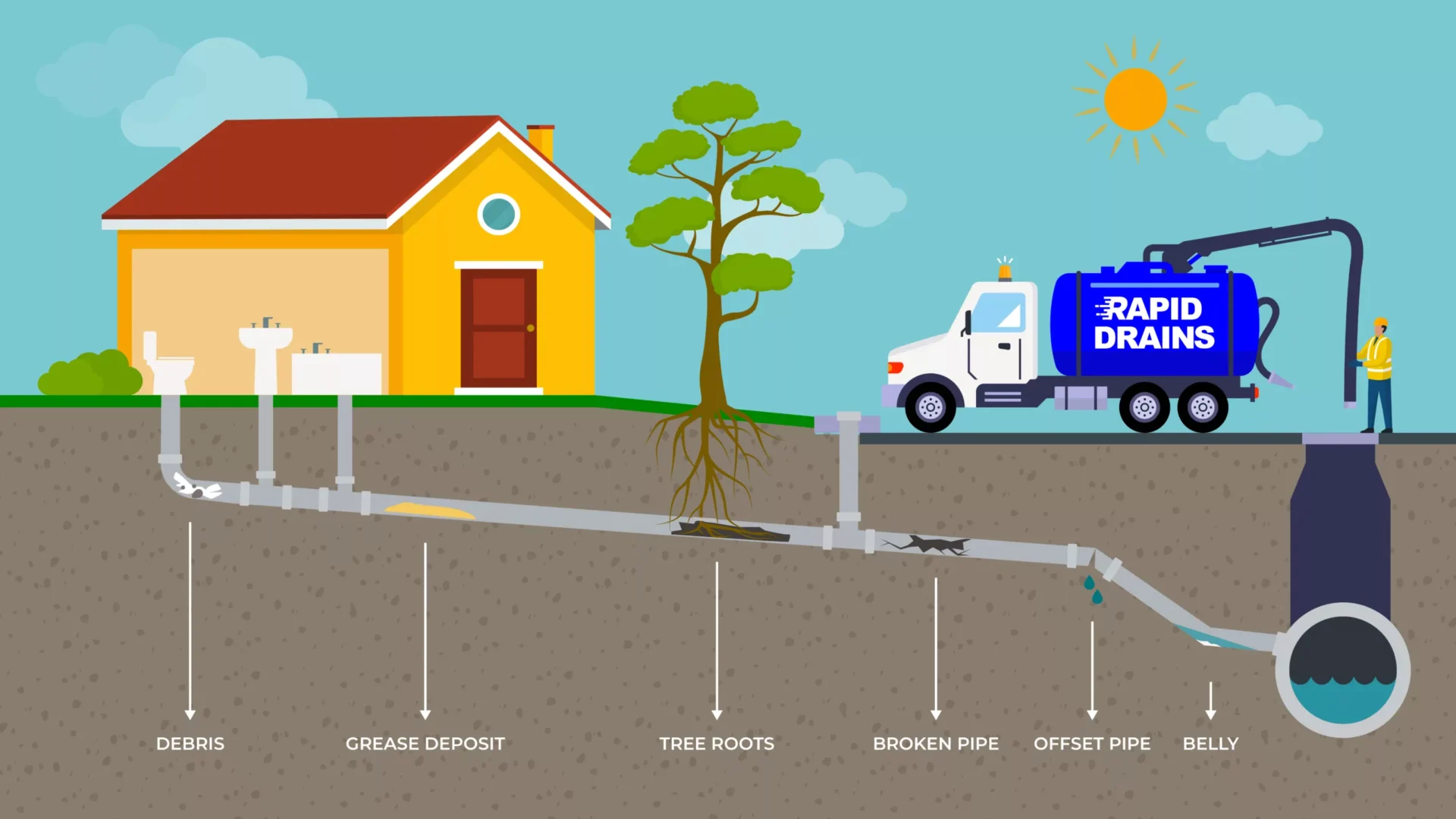
Frequently Asked Questions
Are there specific drainage challenges associated with older properties?
Pipework that has aged or not been relined can eventually weaken, become more susceptible to cracks, leaks or collapses over time. By ensuring your property is checked and surveyed or had maintenance is vital to ensure consistent and effective drainage, especially in older properties.
How does the local geography affect drainage problems?
Local geography always plays a role in drainage, which is why local drainage companies can handle your problems with expertise, understanding the common problems in an area. Some areas benefit from well-drained conditions as they are elevated, meanwhile, the low-lying areas suffer from flooding and increased run off. At Rapid Drains, we understand these nuanced issues.
How do I report a shared blocked drain?
To report a blocked drain you can follow these steps:
Contact your local water authority in your area with details of your problem, providing your address and contact details. You can search for your local water authority here: https://www.water.org.uk/customers/find-your-supplier
When reporting the blocked drain, be prepared to provide relevant details such as the location of the drain (street name, landmarks, or nearby addresses), the severity of the blockage, and any additional information that may assist the council in assessing and addressing the issue promptly.
Follow up if necessary:
If the blocked drain remains unresolved or if you have not received any communication from the council within a reasonable time frame, you can consider following up with them to inquire about the progress or to provide any additional information they may need.
Remember to keep any reference numbers or confirmation of your report for future reference.
It's worth noting:
If the blocked drain is located on your private property, it is typically the responsibility of the property owner to arrange for its maintenance and repair. In such cases, you may need to contact a professional plumber or drainage specialist to address the issue.
Can I see the drainage plans for my property?
In many cases, you can access the drainage plans for your house, especially if it is a relatively newer property. Here's what you can do to try and obtain the drainage plans:
Engage a professional surveyor:
If you're unable to obtain drainage plans through the aforementioned channels, you can consider hiring a professional surveyor. A surveyor can assess your property, locate the drainage system, and potentially provide you with a detailed plan or map. Check out our drain CCTV survey services.
Consult your property documents:
Review any property documents, such as the title deed, land registry information, or home buyer's pack, as they may include drainage information or references to existing plans. While these documents may not provide detailed drainage plans, they could offer some references to aid your search.
Contact your local water authority:
You may request a sewer record map from your local water authority. More information is available at:
https://www.water.org.uk/customers/find-your-supplier
Older properties or properties in certain areas may not have readily available drainage plans, especially if they were built before digital record-keeping became common. In such cases, reaching out to the local authorities or engaging a professional surveyor becomes even more important.
Keep in mind:
Accessing drainage plans may involve certain administrative procedures, permissions, or fees, depending on your jurisdiction. Be prepared to provide proof of ownership or other necessary documentation when making your request.

Contact Us
Email:
contact@rapiddrains.co.uk
Freephone:
0330 333 6199
Landline:
01202 237 325
Quick Links
Home
Services
Contact Us
Blog
Privacy Policy
Terms and Conditions

